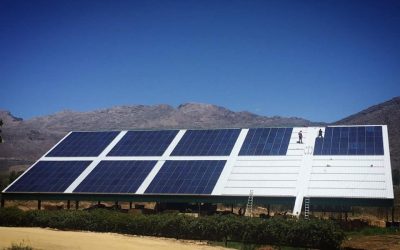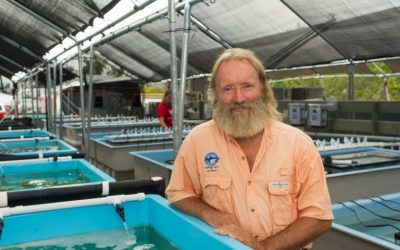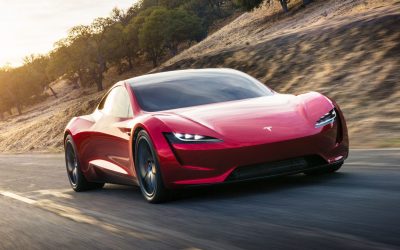
Hi there! My name is Jackie.
I’m not an environmental activist. I’m not an expert on sustainability. I don’t recycle. I’m not a vegan. I don’t drive an EV. I have no idea what my carbon footprint is…. not yet anyway. This is just the start of my journey.
The Eco-Directory Some Blog PostsLatest Blog Posts:
Loxtonia Cider – Ceres
Loxtonia Cider – Ceres
read moreSPAR golf day provides a boost for marine life
SPAR golf day provides a boost for marine life
read moreEarth Berm House Off-Grid Living
Earth Berm House Off-Grid Living
read moreGlobal recognition for SPAR’s plastic initiative
Global recognition for SPAR’s plastic initiative
read moreJaguar I-PACE electric SUV caught on fire, automaker is investigating the cause
Jaguar I-PACE electric SUV caught on fire, automaker is investigating the cause
read moreMan Accidentally Discovers How to Grow Coral 40 Times Faster
Man Accidentally Discovers How to Grow Coral 40 Times Faster
read moreVolvo Trucks teases upcoming new all-electric semi truck
Volvo Trucks teases upcoming new all-electric semi truck
read moreTesla Model 3 Comes To Japan, & Tesla Store Planned For South Africa Next Year
Tesla Model 3 Comes To Japan, & Tesla Store Planned For South Africa Next Year
read moreThis machine uses the ocean’s waves to power Cities
This machine uses the ocean’s waves to power cities
read moreEco27 Social Feeds:









